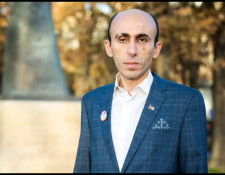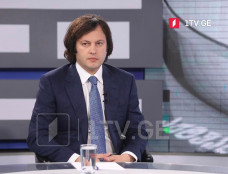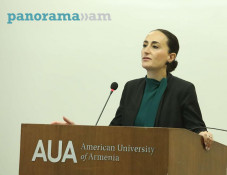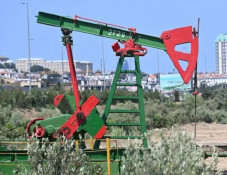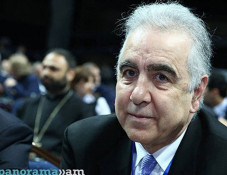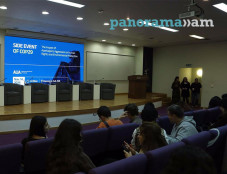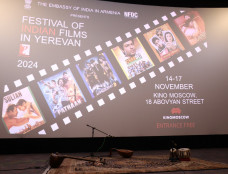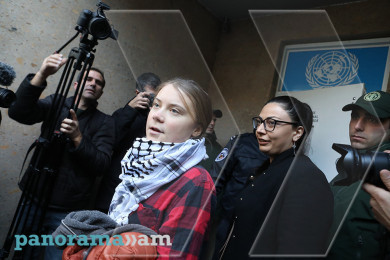
Record number of journalists jailed in 2016, Press Advocacy Group says
At least 257 journalists have been jailed around the world this year, a press advocacy group reported on Monday, the most since it began a detailed annual census of imprisonments in 1990. The New York Times reports.
The group, the Committee to Protect Journalists, attributed the increase largely to a surge of imprisonments in Turkey after the failed military coup against President Recep Tayyip Erdogan in July.
At least 81 journalists — almost a third of the total — were incarcerated by the Turkish authorities in relation to their work, the group said in announcing the 2016 figures, “the highest number in any one country at any time.”
Among those imprisoned were Mehmet Baransu, a former columnist and correspondent for the daily newspaper Taraf, who was accused of obtaining secret documents, insulting the president and membership in a terrorist organization. He is facing a maximum sentence of 75 years.
The committee also cited an Oct. 31 raid on the offices of Cumhuriyet, Turkey’s oldest secularist daily newspaper, where at least a dozen journalists were detained on accusations of producing propaganda for outlawed Kurdish separatists and a banned organization run by Fethullah Gulen, a cleric and political rival of Mr. Erdogan’s.
The 257 total for 2016 shattered the previous global record of 232 journalists imprisoned in 2012. Last year, 199 journalists were jailed, the group said.
After Turkey, the biggest jailers of journalists were China, where at least 38 had been incarcerated as of Dec. 1; Egypt, with 25; Eritrea, with 16; and Ethiopia, with 14.
For the first time since 2008, Iran was not among the top five jailers, the committee said, counting eight journalists in Iranian prisons compared with 19 a year earlier.
The group attributed the decline partly to the release of many of those who had been sentenced after a 2009 crackdown following a disputed presidential election.
Nonetheless, the Iranian authorities are still imprisoning journalists for their work. The group cited the example of Keyvan Karimi, a filmmaker who was sentenced in 2015 to six years in prison and 223 lashes for a documentary about political graffiti.
Newsfeed
Videos






